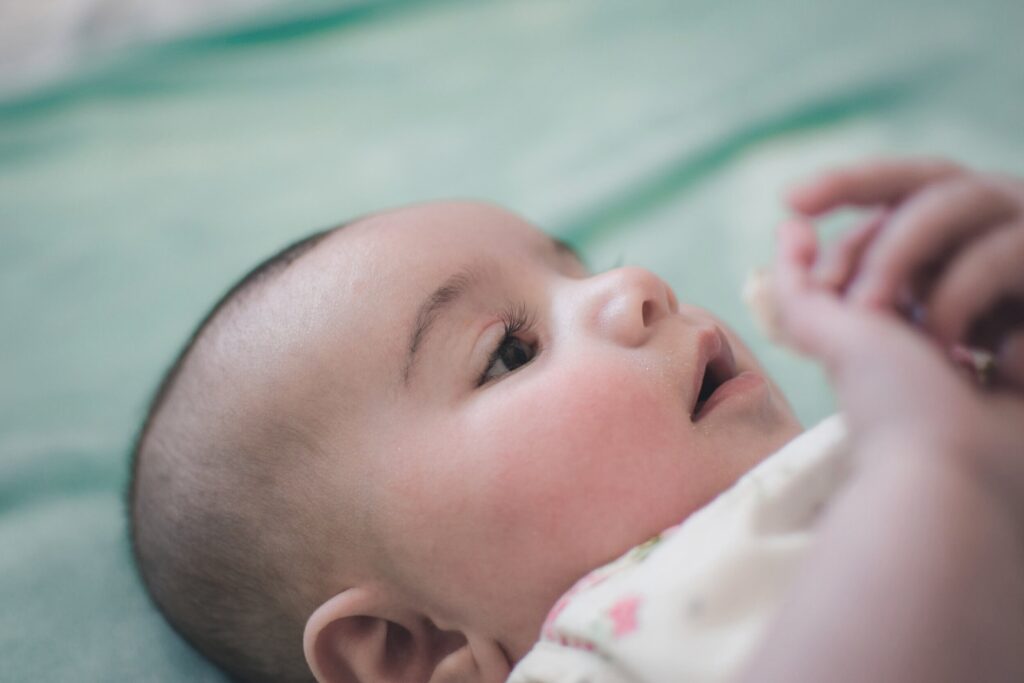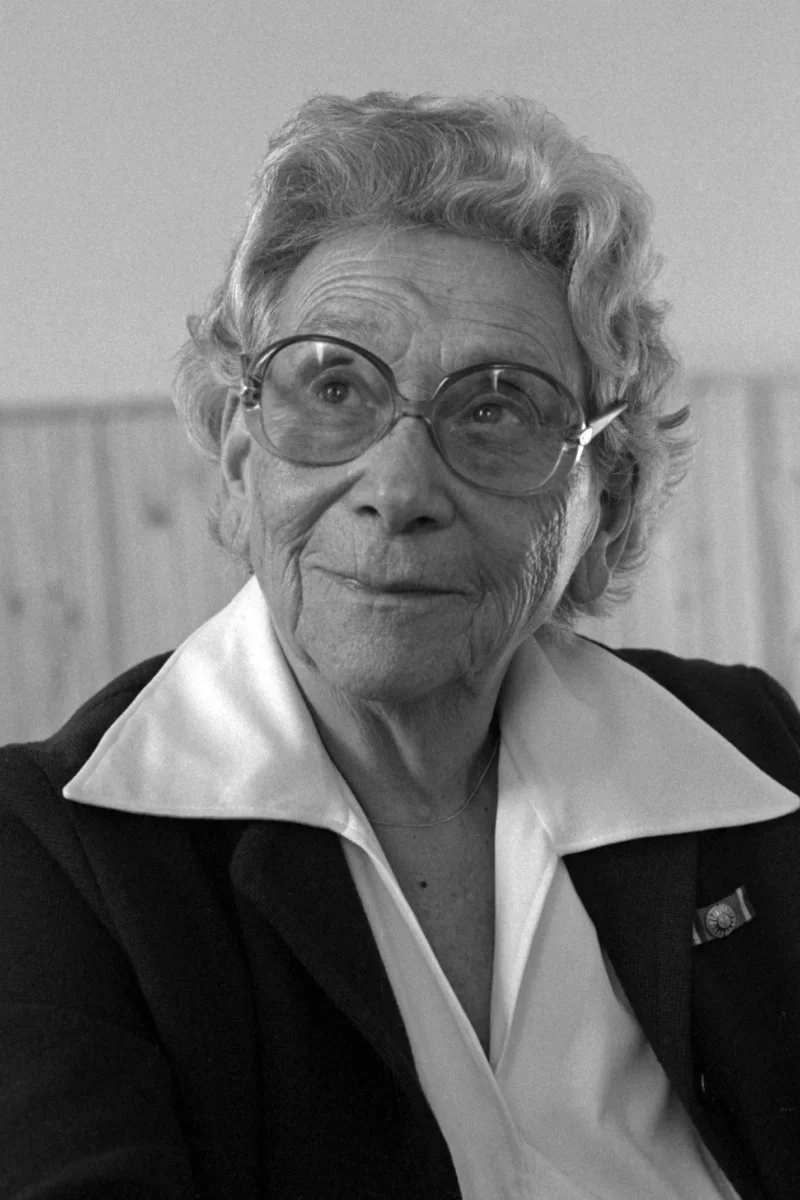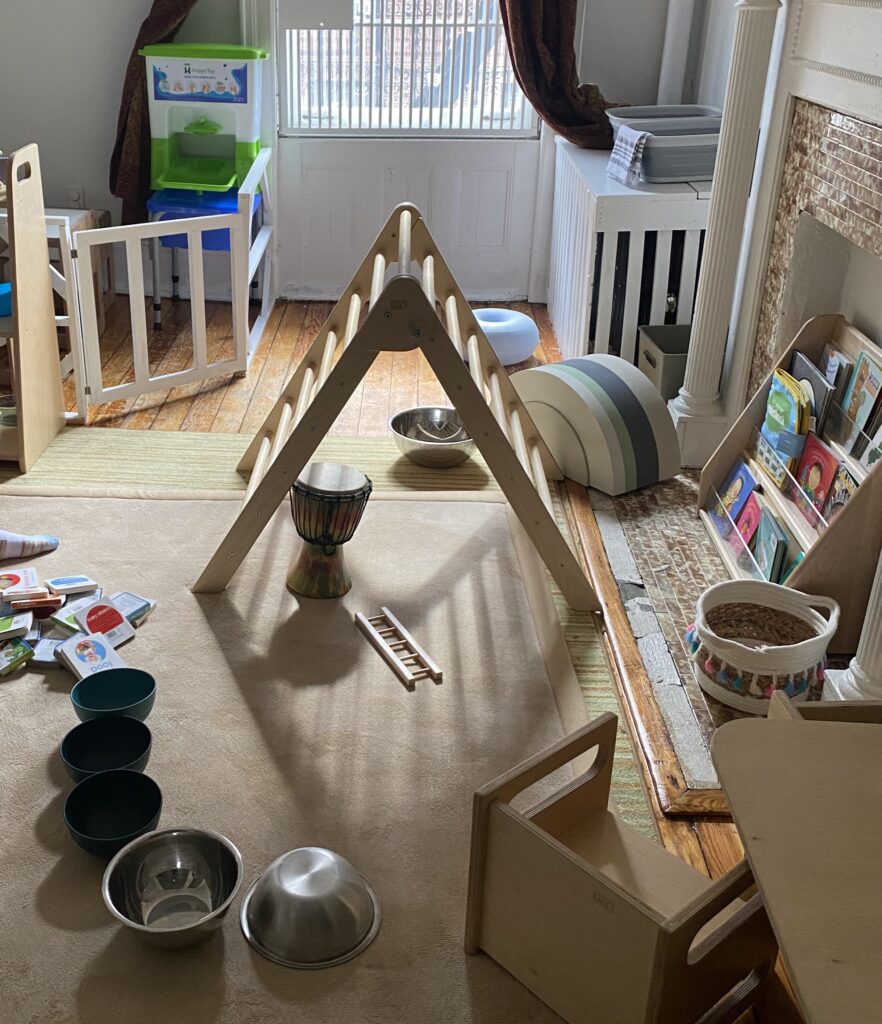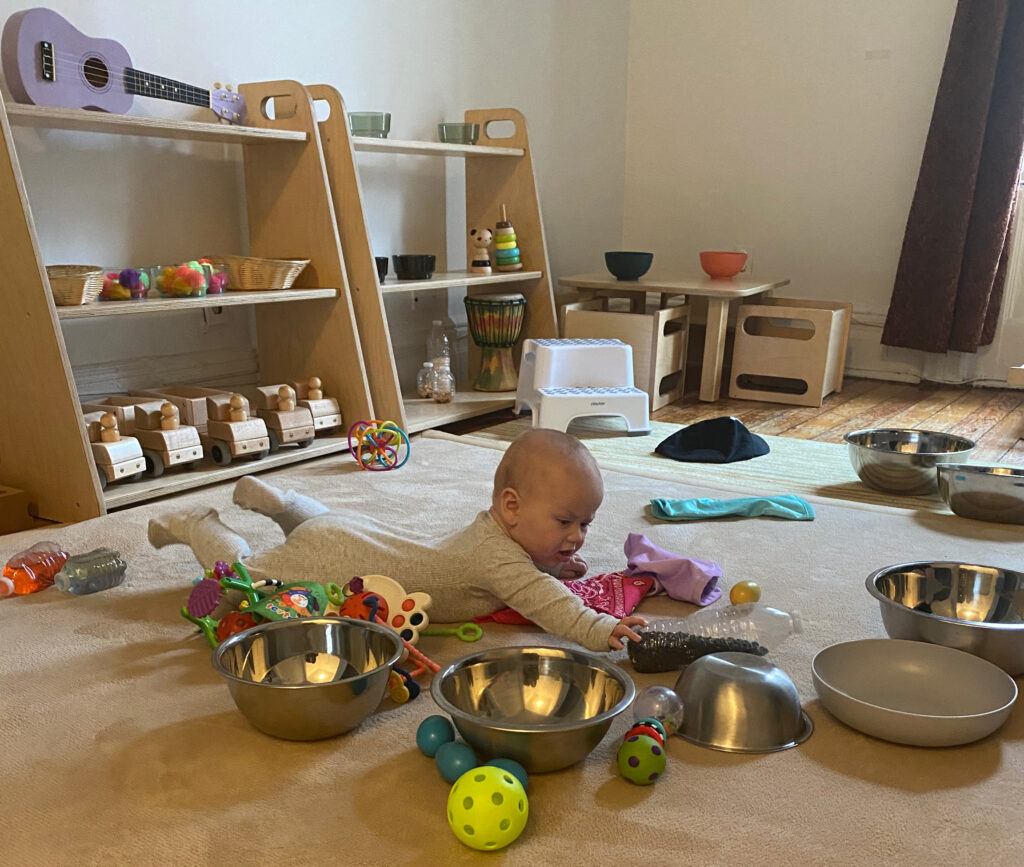The Principles & Approach
of Dr. Emmi Pikler
At PS Family, we’ve recognized a gap in the understanding and dissemination of the principles and approach of Dr. Emmi Pikler.

While information about Pikler’s approach is sporadically available, we aim to provide a comprehensive, fully-rounded, and free resource that answers a wide array of questions about the Pikler approach and its day-to-day application for parents and caregivers.
Dr. Emmi Pikler (1902-1984), a pioneering pediatrician and infant educator, revolutionized early childhood and childcare methodologies.
Implementing her innovative approach at an orphanage in Budapest, she gained international renown for her respectful approach to education.
Born in Vienna, Austria, and later relocating to Budapest, Hungary at the age of 6, Pikler’s childhood was steeped in education, courtesy of her mother, a Viennese kindergarten teacher.
Pikler obtained her medical degree at Vienna University Children’s Hospital in 1927 and became a qualified pediatrician in Hungary in 1935. Throughout World War II, despite enduring personal hardship, including her husband’s imprisonment, she remained devoted to her work.


In 1946, Pikler established the renowned Lóczy orphanage, a refuge for infants orphaned by the war. Here, she applied her childcare philosophy, ensuring that every interaction with a baby was done “with” them, rather than “to” them. Lóczy was characterized by its respectful, communicative care routines and its encouragement of free play and exploration.
To propagate her philosophy, Pikler founded the Pikler Institute, a research center and training facility for caregivers. Her scientific approach significantly improved childcare standards and influenced numerous childcare specialists, notably including her well-known apprentice, Magda Gerber, who popularized Pikler’s principles in the USA.
Recent advances in neuroscience and attachment theory have validated Pikler’s principles, which revolve around the intertwined development of the brain and body in early childhood.

We now understand that the first three years of a child’s life are a critical period for the formation of neuron connections, or synapses.
According to the Urban Child Institute, by the age of three, children have twice as many synapses as they will in adulthood, and their brains have grown to 80% of their adult size.
The experiences during these early years lay the foundation for language acquisition, communication patterns, behavior systems, self-conception, and physical coordination.
They also shape the child’s understanding of behaviors, self-respect, and relationships. As Dr. Emmi Pikler famously stated, “Movement is the first language of the brain.”









